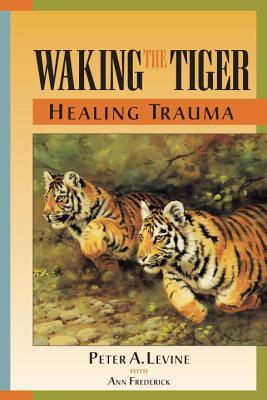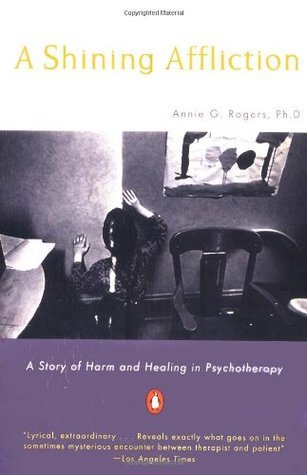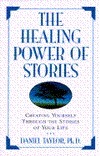
The Wounded Heart
Book Description
Secrets linger in the shadows, shackling the heart and stifling the soul. In "The Wounded Heart," Dan B. Allender unravels the deep scars of childhood trauma and the powerful journey toward healing. With gripping anecdotes and profound insights, the book confronts the pain buried within us, revealing how wounds can shape lives and relationships in unforeseen ways. As the weight of the past collides with the hope of redemption, readers are invited to wrestle with the question: Can a wounded heart truly find its way back to wholeness, or will the past forever haunt the present?
Quick Book Summary
In "The Wounded Heart," Dan B. Allender delves deeply into the devastating and long-lasting effects of childhood trauma, especially sexual abuse. Allender combines psychological insight with Christian faith to create a safe space for survivors to confront hidden wounds. Through compelling stories, he reveals the powerful grip these wounds hold over adult relationships, emotions, and spiritual lives. He emphasizes that shame, denial, and silence can perpetuate the pain, but facing the truth with courage is a necessary step toward hope. Allender offers practical tools and faith-based encouragement for individuals and communities seeking genuine healing and restoration. Ultimately, the book serves as a guide for those pursuing wholeness, showing that, with compassion and support, the journey toward freedom and redemption is possible.
Summary of Key Ideas
Table of Contents
Understanding the Lasting Impact of Childhood Trauma
Allender begins by outlining the profound and often invisible scars left by childhood trauma, focusing particularly on sexual abuse. He explains how such experiences shape perceptions of self, relationships, and even one's understanding of God. Survivors often carry deep wounds that can manifest in various forms, from emotional numbness to difficulties in intimacy, trust, and self-worth. The author emphasizes that these wounds do not simply fade with time but can significantly color adulthood unless directly addressed.
The Role of Shame and Denial in Suffering
A central theme is the role that shame and denial play in perpetuating suffering. Allender describes how many survivors internalize a sense of guilt and worthlessness, leading them to hide their pain both from others and from themselves. Shame acts as a powerful barrier, preventing individuals from seeking help, while denial offers the illusion of safety at the cost of true healing. Breaking the cycle of silence and secrecy, according to Allender, is essential for any recovery process.
Breaking the Silence: Vulnerability and Truth
Through personal stories and clinical insights, the book stresses the necessity of vulnerability and truth-telling. Allender discusses how coming forward with one’s wounds can be terrifying, but it is also liberating. He warns of the risks involved—such as rejection and misunderstanding—but emphasizes that support and validation are crucial stepping stones. The path toward healing often requires re-engaging with painful memories in the presence of safe, understanding others.
The Path of Faith-Based Healing and Restoration
Allender weaves Christian faith throughout his recommendations for healing. He presents the idea that spiritual restoration goes hand-in-hand with psychological recovery and encourages readers to anchor their journeys in divine compassion and grace. The text advocates prayer, reflection, and connection with God as integral components of the healing process. Faith, Allender argues, offers hope, meaning, and a sense of worth beyond trauma.
Cultivating Supportive and Compassionate Communities
The book concludes by calling for compassionate, supportive communities. Allender believes that healing is not just an individual endeavor but a communal responsibility. He outlines practical ways for churches, friends, and family members to support survivors—listening without judgment, offering empathy, and fostering safe environments. Ultimately, "The Wounded Heart" emphasizes that while the journey is arduous, redemption and wholeness are achievable through honesty, faith, and the solidarity of others.
Download This Summary
Get a free PDF of this summary instantly — no email required.





